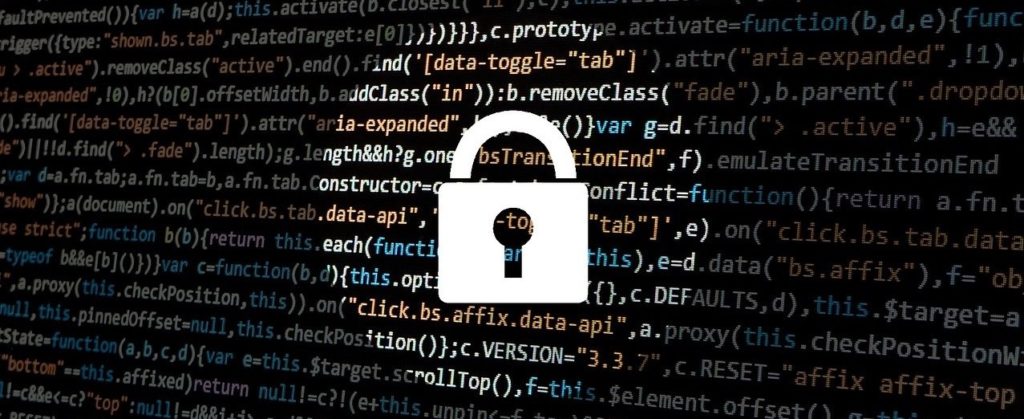ePrivacy Regulation
The battle for digital privacy continues

Representatives of the Parliament, Commission and Council are current negotiating the future ePrivacy Regulation.
Because of the very sensitive nature of personal communications, location and internet usage data, the 2002 ePrivacy Directive guaranteed special data protection for telephone and internet communications, which goes far beyond the GDPR (General Data Protection Regulation). The ePrivacy Regulation is intended to replace this 2002 Directive, for better or for worse. Mass intelligence surveillance, the Cambridge Analytica scandal, and potentiallywrongful convictions based on false telecommunications data inDenmark show how urgently better protection of our telephone and internet use is needed.
The ePrivacy Regulation aims to protect one of the most important fundamental rights of EU citizens in times of digitalisation – the right to data protection and privacy in electronic communications. In other words, the ePrivacy Regulation aims to protect against eavesdropping and spying on our communications (connection data) and movements (location data), but also against the monitoring of our internet use (tracking).
Parliament is pushing back against surveillance
The European Parliament wants to improve the EU Commission’s reform proposal to effectively protect users from data collection, tracking and interception. Following a close vote, Parliament set out its position in 2017:
- Telecommunications should be encrypted to protect them from interception by secret services.
- Surveillance measures should be accounted for annually.
- Access to websites should no longer be made dependent on the user agreeing to the extraction of his or her online activities for targeted advertising.
- A legally binding do not track setting in smartphones or browsers should put an end to annoying cookie banners.
- Offline tracking based on smartphone signals, for example in city centres, shopping malls or airports, should only be permitted with consent.
Governments want more surveillance
For years, there have been disagreements among the EU member states and finding a common negotiating position was extremely difficult. Lobbyists of the data and advertising industry are working vehemently against the demands of the Parliament. They fear massive financial losses if surveillance-based advertising is restricted. A decision was reached on 11 February 2021: EU governments are now demanding a massive reduction in data protection through, among other things, mandatory and voluntary data retention, forced tracking and misuse of data.
Reducing or eliminating the protection provided by the ePrivacy Directive, and general or indiscriminate collection of personal communication data, as demanded by the EU governments, is completely unacceptable! It will be very difficult to prevent this in the negotiations though.
What has happened so far
- 10 January 2017: the EU Commission presents the draft ePrivacy Regulation – according to the original plan, the ePrivacy Regulation was supposed to enter into force at the same time as the GDPR on 25 May 2018.
- 16 January 2017: The Council begins its deliberations. Click here for the proceedings.
- 24 April 2017: The European Data Protection Supervisor publishes its opinion on the draft.
- 20 October 2017: The European Parliament’s lead LIBE Committee presents its report on the Commission’s draft. On 23 October 2017, the LIBE Committee votes in favour of the report. On 27 October 2017, the EU Parliament agrees to start the trilogue negotiations on the basis of the report.
- 10 February 2021: The Council agrees on a common position.
Timetable of the trilogue negotiations
- 30 March 2022: Shadow Rapporteur Meeting
- 31 March 2022: 3rd Interinstitutional Trilogue Negotiations
- 16 November 2022: Shadow Rapporteur Meeting
- 6 December 2022: Update on state of play in Council (video recording)
- 1 March 2023: Shadow Rapporteur Meeting
What you can do
- Talk about it! Tell others why ePrivacy is important.
- Raise awareness on social media!
- Write to those responsible! Contact your MEPs. (Rapporteur and Shadow Rapporteurs are listed here)!
- Trigger media coverage! Journalists have only picked up on the ePrivacy Regulation sporadically so far. Contact your trusted news sources directly and suggest they cover it – online and offline.
Have your say on the ePrivacy reform!
Representatives of the Parliament, Commission and Council are current negotiating the future ePrivacy Regulation and we develloped a tool to collect your feedback on the text. You will find here a comparison of the proposals of the three institutions and the current ePrivacy directive.
Please support us in the negotiations by making remarks, comments and proposals on the texts. Your feedback will be helpful to us. Please note that compromises between the proposals are being negotiated and it is usually impossible to add additional text or issues.
Documents on the ePrivacy Regulation
- Proposal for a Regulation of the EU Commission 2017
- Position of the European Parliament 2017 (Report of the Home Affairs Committee)
- Position of the Council 2021
- 4-column document of the trilogue negotiations ((Comparison of the positions of Parliament, Commission and Council) (May 2021)
- Comparison to the current ePrivacy Directive
